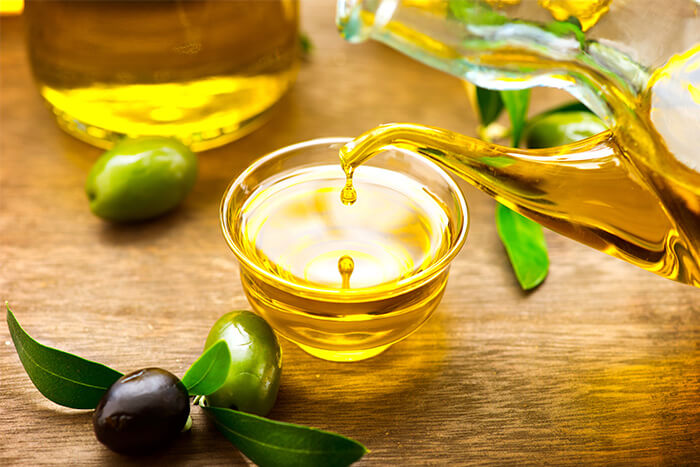“As long as there aren’t enough stocks, it’s difficult to lower the price”.
Olive oil is expensive and Spain is to blame, namely the lack of supply from the world’s largest producer. At least that’s the reason the sector has come up with for the high prices of this vegetable oil, and it doesn’t see any way for the government to implement any measures to bring prices down.
At Christmas time, a gift went viral, namely the six jugs of olive oil that a grandmother gave her grandson. Olive oil is one of the main topics of conversation in Portuguese society, especially due to the high price of a liter, which has reached 10 euros. The National Statistics Institute (INE) even estimates that the price will have risen by more than 90% by 2023 and Europe is screaming at the top of its lungs that there is no olive oil on the shelves and that what there is is extremely expensive.
What are the reasons for this dizzying rise? SAPO24 went in search of answers.
“The rise in the price of olive oil is due to the fall in production in the world’s largest producer (Spain), which had average campaigns of 1.2 million to 1.5 million tons and had a past campaign with around 664,033 tons and expects a 2023/24 campaign with 765,362 tons. This drop in production is due to extreme drought and high temperatures during flowering.
The fall in production in Spain has unbalanced the market because demand has begun to outstrip supply and available stocks have fallen sharply, leading to a rise in the price of olive oil. At the same time, we should not forget that production costs have risen a lot and the price of olive oil was not reflecting this reality,” Fenazeites (the National Federation of Olive Growers’ Agricultural Cooperatives) told SAPO 24.
And if the news isn’t encouraging at the moment, the truth is that the Federation expects this scenario to continue in the near future.
“As long as there is no longer a balance between supply and demand, in other words, as long as there are not enough stocks of olive oil, it will be difficult to lower the price of olive oil,” they point out, noting that olive oil was one of the last products to increase since the start of the war in Ukraine.
“Agricultural prices have risen a lot due to the increase in production factors, particularly since the war in Ukraine. Olive oil was one of the last products to follow this rise,” says Fenazeites, noting that official figures in Portugal point to “a 20% increase in olive harvesting”.
This fruit has also been very attractive to thieves. Olive theft is common in neighboring Spain, but has spread to Portuguese soil.
“This situation already existed, but this year it has increased a lot due to the rise in the price of olive oil,” they say, also fearing that olive oil consumption will fall in the Portuguese diet.
“Olive oil consumption has been declining in the main producing countries as a result of the change in lifestyle, where meals away from home are favored. This increase in the price of olive oil, coupled with the economic crisis, will have an impact on consumption,” says Fenazeites, which also doesn’t see how the government can help with olive oil prices.
“It’s determined by the market. Portugal has seen a big increase in production in recent years, but it’s still a minor player in the international olive oil market and is conditioned by prices in Spain, which is the world’s biggest producer. I can’t think of any government action that would put the brakes on the market,” they concluded.
Related Article: Young man receives bottles of olive oil as a gift from grandparents


[…] Related Article: Olive oil will continue to be expensive […]
[…] Olive oil will continue to be expensive […]